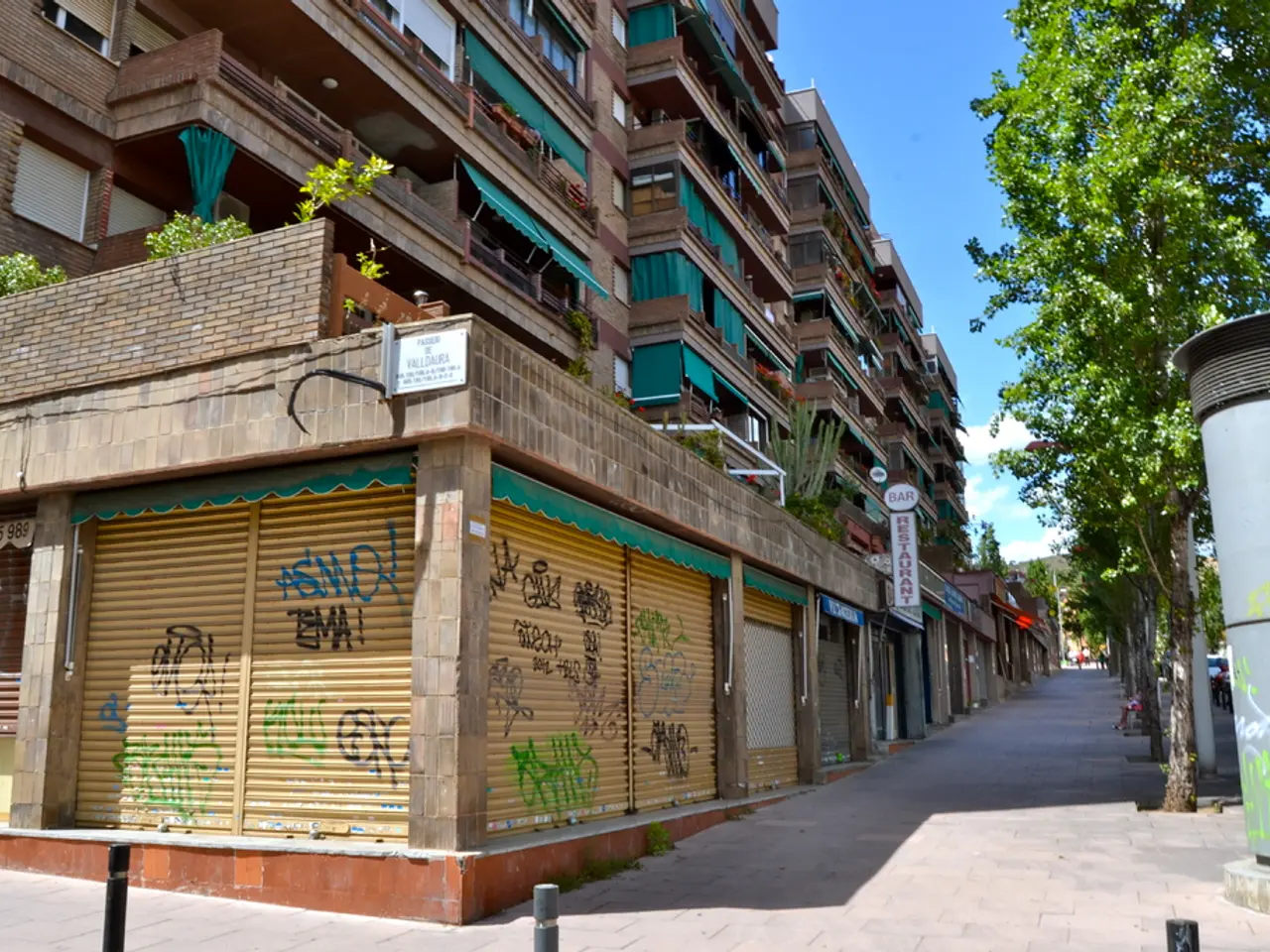Financial Hurdles Preventing the Middle Class from Accumulating Wealth
In an era where financial stability seems elusive for many middle-class families, several common behaviours and decisions are hindering their ability to accumulate wealth. These obstacles, rooted in high-interest consumer debt, lifestyle inflation, lack of financial education, social pressures, and overspending, create a cycle that keeps families financially stuck despite decent incomes.
High-interest consumer debt, such as credit card balances and personal loans, is a significant hurdle. The convenience of credit often leads to overspending on unaffordable purchases, diverting funds away from wealth accumulation. With interest rates high, payments mainly cover interest, delaying principal reduction and severely limiting the ability to save or invest.
Lifestyle inflation, the tendency for spending to increase at the same rate or faster than income rises, is another common pitfall. As incomes increase, many families adopt more expensive cars, homes, and dining habits, preventing additional income from being saved or invested and creating financial vulnerability if income falls.
Financial education plays a crucial role in breaking these cycles. Many middle-class individuals remain financially uneducated or overwhelmed by complex advice, leading to poor investment choices, falling victim to scams, or settling for "good enough" rather than pursuing opportunities that could improve wealth.
Social pressures also contribute to financial woes. The pressure to match peers’ lifestyles encourages spending beyond means, leading to credit card debt and large mortgages that consume available cash flow instead of building equity or investments. Social media amplifies these pressures by constantly exposing people to others' highlight reels.
Overspending on unnecessary products and services, such as extended warranties for electronics, also drains funds that could be saved or invested. Inadequate emergency savings forces families into debt during unexpected events like medical bills or job loss, disrupting wealth-building plans.
Rising costs of essential services, such as healthcare, education, and internet, may strain middle-class budgets, reducing the ability to save for retirement or invest in wealth-building opportunities.
Breaking this cycle requires conscious decisions to prioritize financial goals over social appearances. Aggressive debt management, consistent living standards despite income growth, improving financial literacy, and prioritizing savings and investments over consumption and debt are key to overcoming these obstacles and securing a future of financial independence.
[1] Lusardi, A., & Curto, V. (2011). Financial literacy and the financial crisis. Journal of Economic Literature, 49(3), 688-721. [2] Thaler, R. H., & Sunstein, C. R. (2008). Nudge: Improving decisions about health, wealth, and happiness. Yale University Press. [3] Crouhy, M. M., & Starks, D. (2003). Financial decision making. Oxford University Press. [4] Schor, J. B. (1992). The overworked American: The unexpected decline of leisure. Basic Books.
Personal-finance education can help break the cycles that hinders middle-class families from accumulating wealth, as many remain financially uneducated or overwhelmed by complex advice, leading to poor investment choices. In the realm of personal-finance, social pressures encourages spending beyond means, prompting credit card debt and overspending on unnecessary products and services, draining funds that could be saved or invested. [1, 2, 3, 4]




